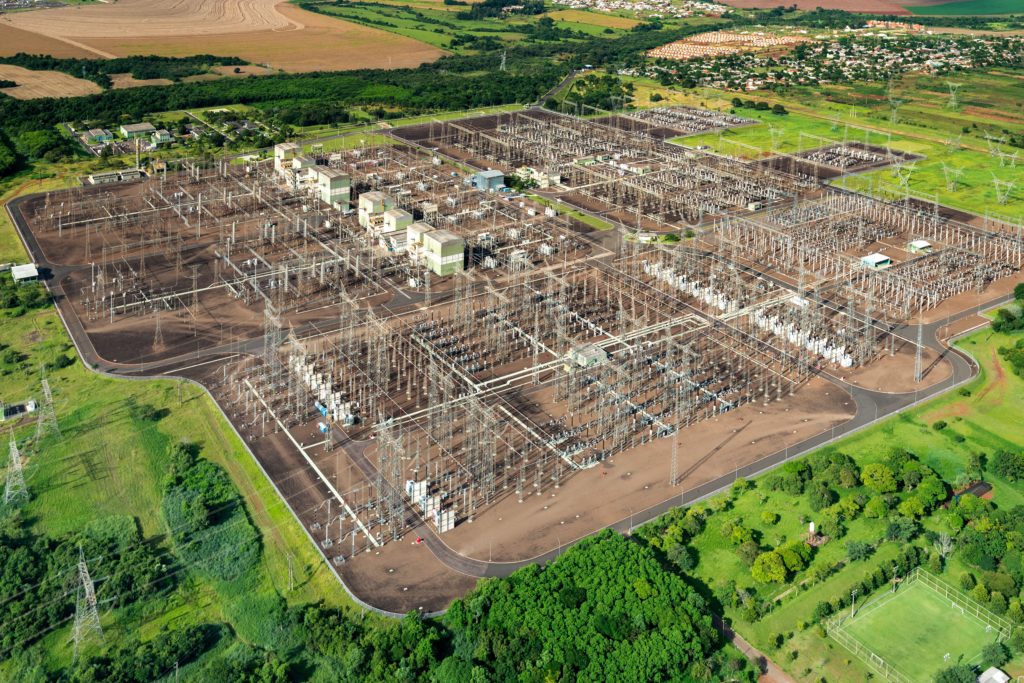The most recent chapter on Chinese investment in the Brazilian electricity sector was written in December, with state-owned utility giant State Grid placing a successful bid in the largest power transmission auction ever held in Brazil.
The company secured the largest of the three contracts on offer, and plans to invest BRL 18 billion (USD 3.6 billion) to build 1,513 kilometers of transmission lines and two substations between the state of Maranhão, in Brazil’s Northeast, and the central state of Goiás.
The main aim of the project is to guarantee the flow of renewable energy generation from Brazil’s Northeast region, which is experiencing a boom in wind and solar power plants.
Ramon Haddad, vice-president of State Grid Brazil, told local outlet Agência Estado that the company has set a deadline to complete the project within six years, but hopes to do so ahead of schedule to make the venture more profitable and more quickly meet the needs of the Brazilian electricity sector. The signing of the concession was signed on April 3, from which the deadline will take effect.
The auction of this single lot alone represents at least five times more than the USD 588 million Chinese investment announced in the entire sector in 2022, according to data from the Brazil-China Business Council (CEBC). It guaranteed a boost to Chinese investment in the country in the first year of President Luiz Inácio Lula da Silva’s new administration.
Recent years have seen relations between the two countries marked by the Covid-19 pandemic, China’s economic difficulties, and anti-China rhetoric from former president Jair Bolsonaro. Following this rocky period, the number of projects by Chinese companies in all sectors in Brazil has risen, increasing by 14 percent in 2022 compared to the previous year, according to CEBC, although the overall value of these investments was down by 78 percent.
The December auction was celebrated by both the market and Brazil’s federal government, but it also posed a challenge to Lula: to better define his energy policy in the midst of the urgent need to combat climate change. Brazil has recently seen significant growth in renewable energy, and the president has regularly pitched his government as a champion of green causes, but also faced criticism over his mixed signals on expanding the country’s oil output.
Experts interviewed by Dialogue Earth recognize that new investments in transmission lines could help eliminate energy bottlenecks that currently see some renewable generation struggle to make it onto the grid and, at the same time, promote the country’s energy transition. However, they also say there are risks that should not be overlooked, such as the possibility that...


 Search
Search






































